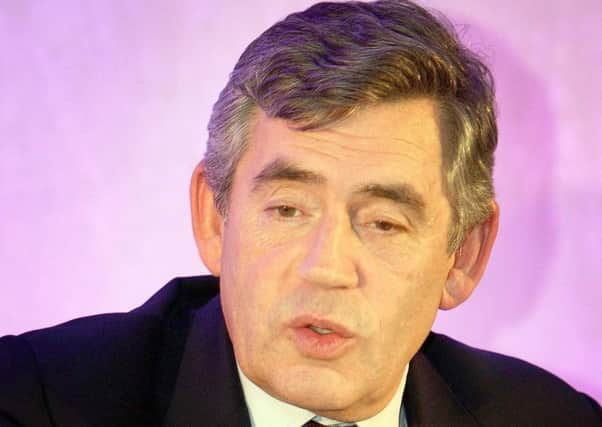What happened this week in history


1492 - Christopher Columbus left Palos de la Frontera in Andalucia, Spain, on his first voyage of discovery.
1527 - The first known letter from North America was sent by John Rut while at St John’s, Newfoundland.
Advertisement
Advertisement
1778 - Milan’s La Scala theatre was inaugurated. It was originally known as New Royal-Ducal Theatre alla Scala.
1858 - Lake Victoria, the source of the Nile, was discovered by the British explorer John Speke.
1904 - The first westerners entered the Forbidden City of Lhasa, Tibet.
1914 - Germany declared war on France.
1914 - The first ships passed through the Panama Canal.
1916 - Irish nationalist and British diplomat Sir Roger casement was hanged for high treason at Pentonville Prison.
1921 - the first aerial crop spraying took place in Ohio.
Advertisement
Advertisement
1926 - The first British traffic lights were installed at Piccadilly Circus in London.
1940 - Italian forces began the invasion of British Somaliland.
1950 - Communist China was denied entry to the United Nations.
1954 - The first prototype aircraft capable of vertical take-off and landing was trialed.
Advertisement
Advertisement
1958 - The nuclear submarine USS Nautilus travelled beneath the Arctic ice cap.
1963 - The Beatles played The Cavern Club in Liverpool for the last time.
1970 - Miriam Hargrave of Yorkshire passed her driving test on her 40th try.
1971 - Pickles, the dog, who discovered the missing World Cup in March 1966, died. He strangled himself on his lead while chasing a rabbit.
Advertisement
Advertisement
1977 - Tandy Corporation unveiled the TRS-80, one of the world’s first mass-produced personal computers.
1978 - The Queen officially opened the 11th Commonwealth Games in Edmonton, Canada.
1984 - Upper Volta was renamed Burkina Faso.
1990 - A record heat wave in Britain raised temperatures to 37.1 degrees.